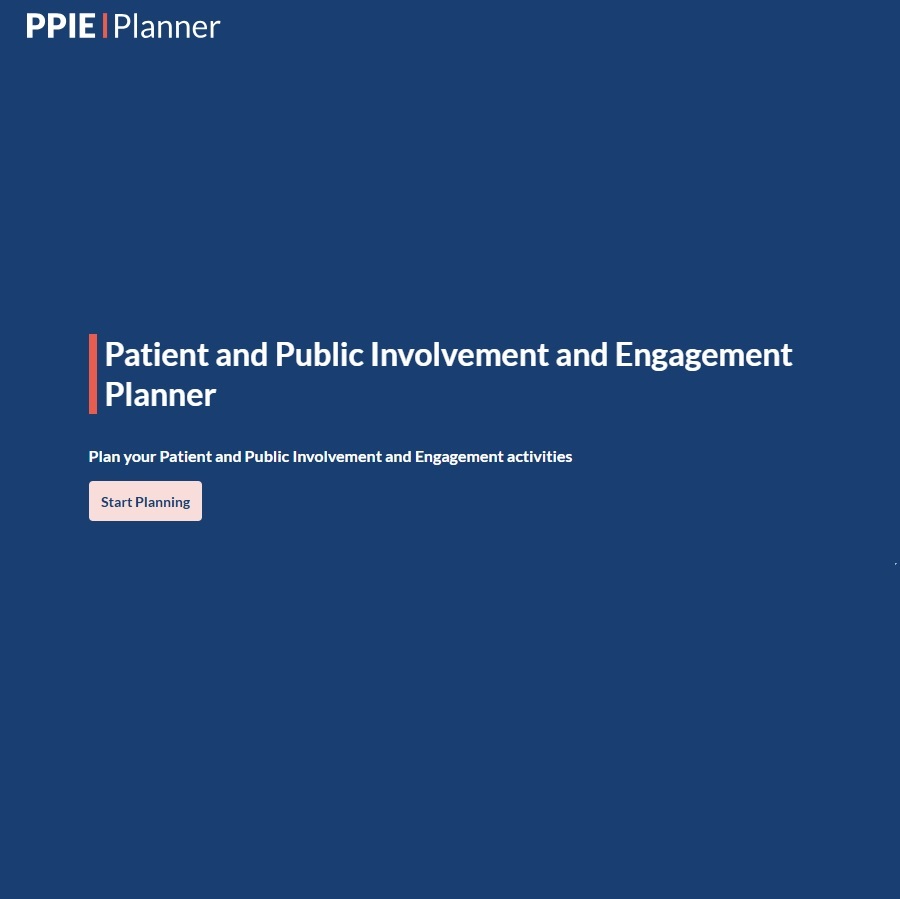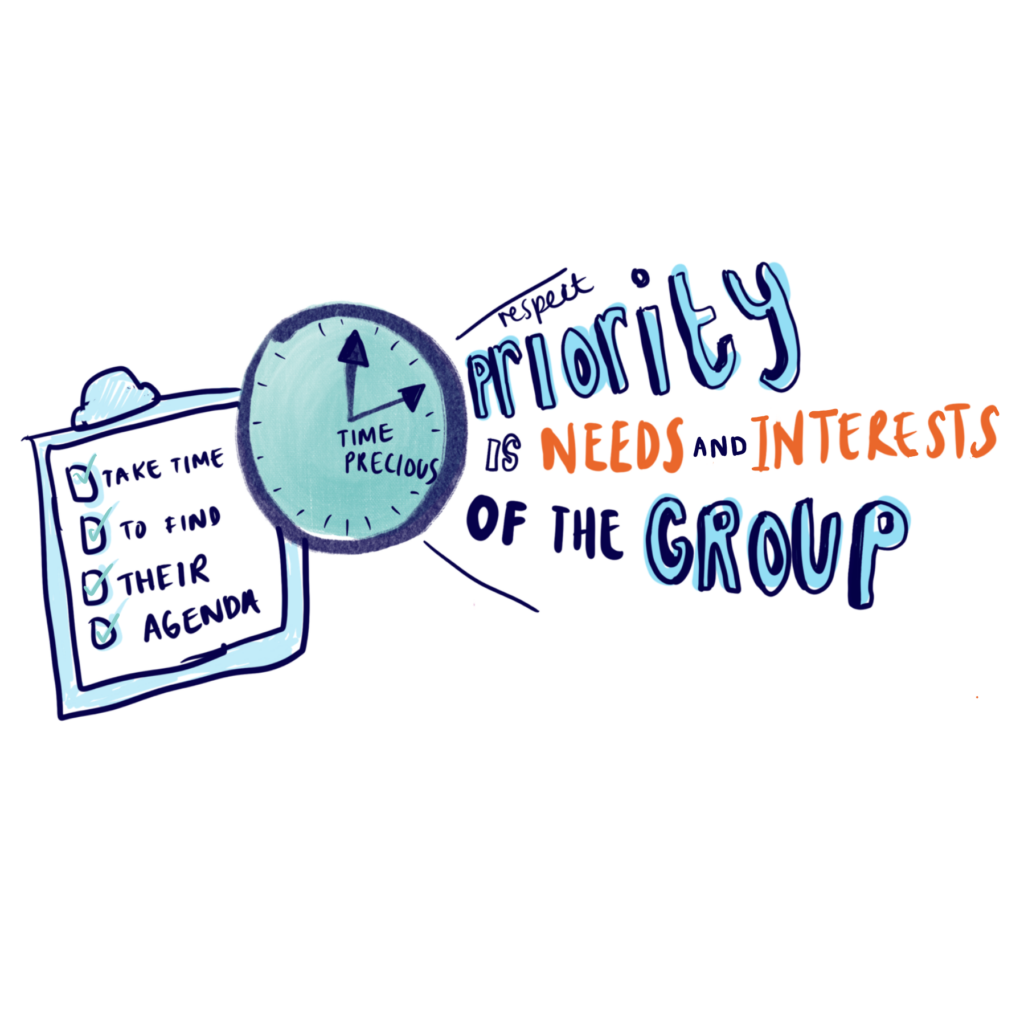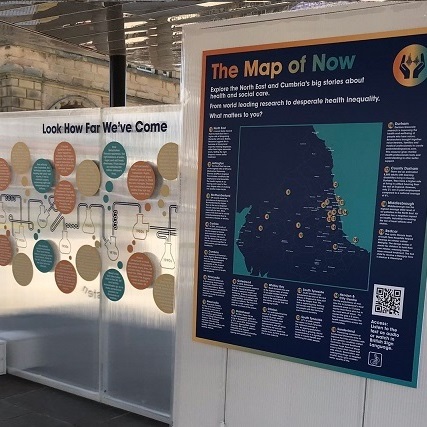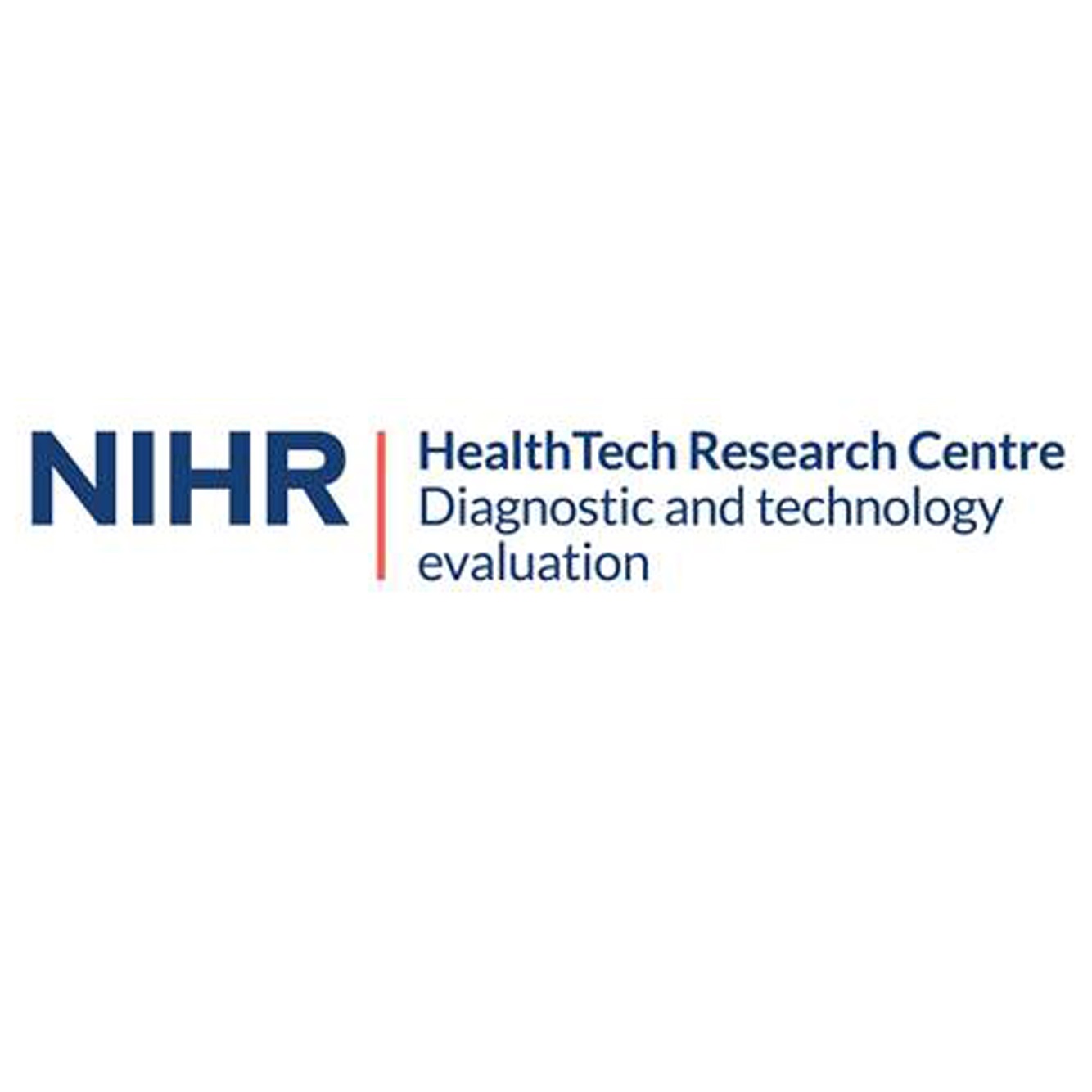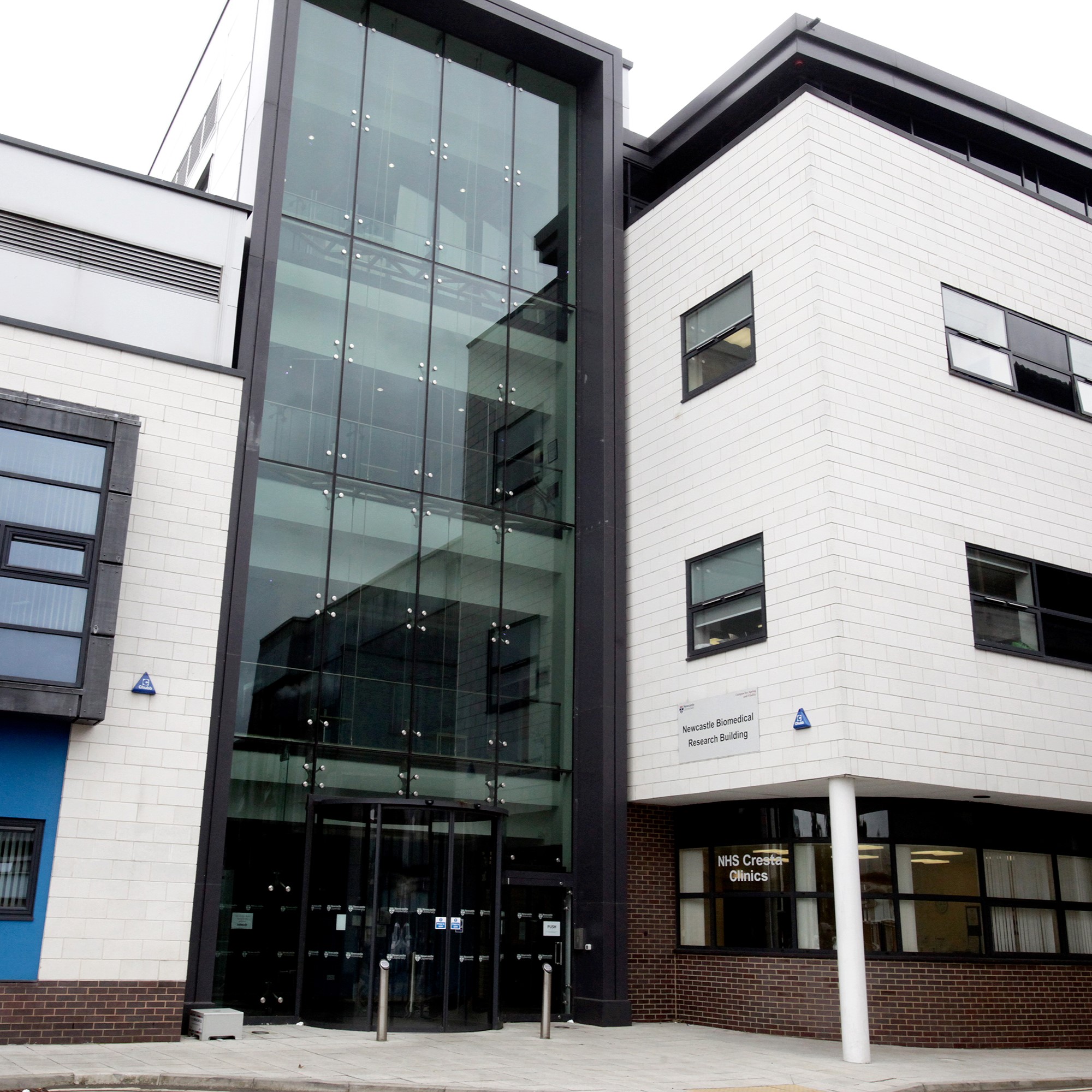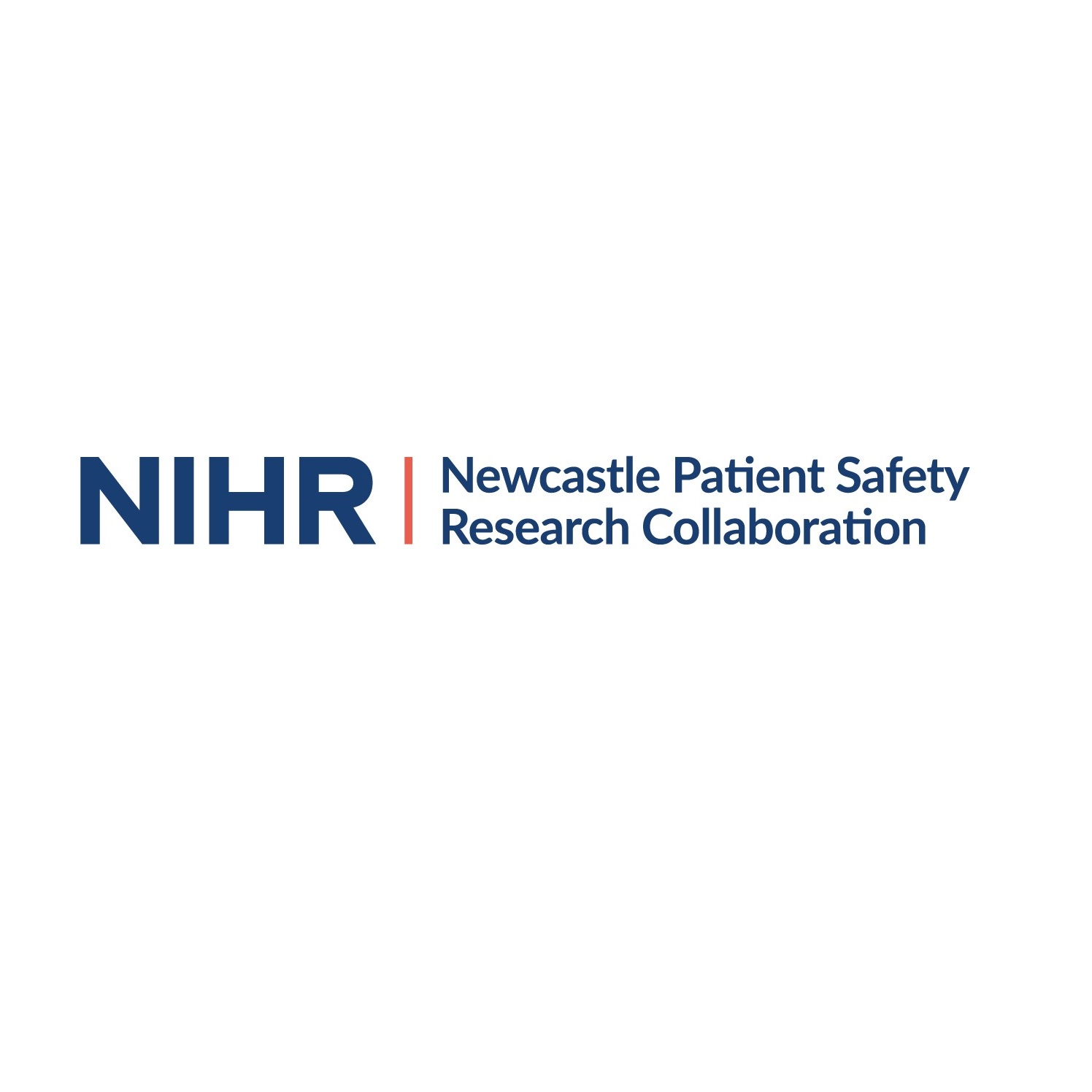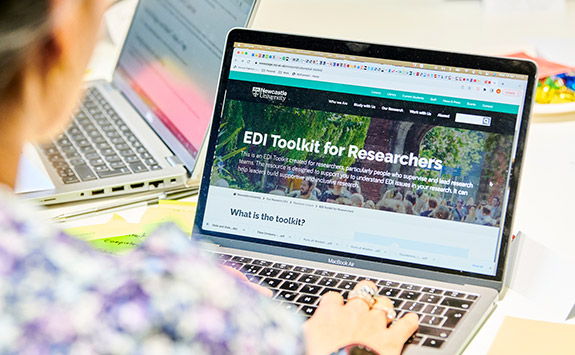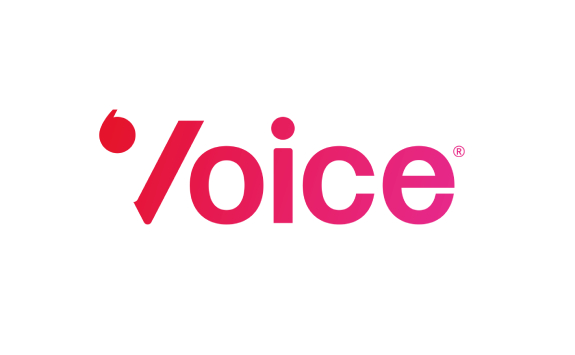Patient Public Involvement and Engagement
One of the major areas of our engagement work in FMS is involving patients or the public in our research and education.
The tools on this page can help with getting started in PPIE.
Patients or public members may be involved through different or multiple stages of research. This could be from creating the research question through to how we share and engage the public in research.
In education, patients or the public may be involved in designing the teaching we deliver to our students. They may even deliver it with us.
Working together can enrich and enhance our research and education. It must also benefit the public/patient members involved. It can do so by increasing the public understanding of science and bringing their needs into the education of the next generation of graduates.
Ethics in PPIE
Engaging with public contributors, patients, service users, experts by experience, and communities is essential to health and social care research. Ensuring that marginalized and excluded voices are central to this research promotes social justice.
Ethical review is often not required for involvement when gathering public or patient opinion on research questions or design. It's essential to be ethical in this process. This could be by:
- maintaining confidentiality where appropriate
- provision of appropriate training
- ensuring support and monitoring the safety of those involved
The National Institute for Health and Care Research's (NIHR) Applied Research Collaboration (ARC) North East and Cumbria released some Ethical Practise Guidelines to try to ensure that PPIE is conducted ethically and inclusively. You can learn more about the ARC here.
The guidelines emphasize the importance of engaging marginalized voices and building sustainable, equitable partnerships in research. They are designed for a wide audience, including researchers, public contributors, and voluntary, community, and social enterprise (VCSE) organizations. This resource encourages ethical literacy, helping the research community consider the broader ethical implications of PPI/PPIE work. You can read the guidance here.
It is also important to recognise when public involvement will need ethical review. For example, if they have contact with study participants, or provide data in the process of involvement. The NIHR have briefing notes which clearly set out when ethical approval is needed for PPIE activity. They can be read here.
PPIE remuneration
Patients or the public involved in research or education must be remunerated for their time and effort. This may include a small contribution for the time spent working on the projects, travel or food costs. We are working collaboratively with colleagues across the University to improve our remuneration process.
Other things to think about in PPIE
Depending on who you involve or engage with may mean certain processes must be in place. It is important to check the need for Disclosure and Barring Service checks when working with the public or patients. There are different levels of checks, please see GOV.uk for more information.
Conducting PPIE on or off site will also require the completion of a Risk Assessment. For more information or support for colleagues, contact the FMS Engagement Team.
Creating Connections
Creating Connections is a regional network that brings together patients, carers, communities, voluntary organisations, and researchers from across the North East and North Cumbria. They work together to support meaningful public involvement in health and care research.
The network helps people with lived experience connect with researchers, share insights, shape studies, and influence research priorities. It also offers practical tools, guidance and opportunities for anyone wanting to get involved; whether you’re new to PPIE or already experienced.
Creating Connections aims to make research more inclusive, relevant, and reflective of the communities it serves by supporting collaboration, reducing barriers to involvement, and promoting diverse voices in research.
Working with the VCSE
You may work with the Voluntary, Community and Social Enterprise sector. It is important that we build relationships with these organisations to understand how best we can work with them to benefit them and their communities.
The National Coordinating Centre for Public Engagement collaborated to develop a tool to help you navigate your local places and the organisations you may wish to work with. You can find The Place Navigator here.
Voice
Voice is a bespoke co-designed platform. It aims to make it easier than ever to engage the public in research at every stage. The Voice platform provides researchers with access to their citizen community. This enables the involvement citizens who have the experience and skills needed. We can with co-design, co-production and co-development of projects using the tools.
They run montly Research Support Groups on the first Wednesday of each month. This is a free service available to Newcastle University researchers. The groups provide feedback from a diverse group of engaged public members. Our support groups consist of three panels which have 10-12 members each. These groups offer critical and constructive feedback on:
- lay summaries
- project proposals and concepts
- research ideas
- participant information documents
- methodology
- dissemination strategies
Voice is free to use for Newcastle University colleagues. You can access Voice via their website.

